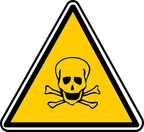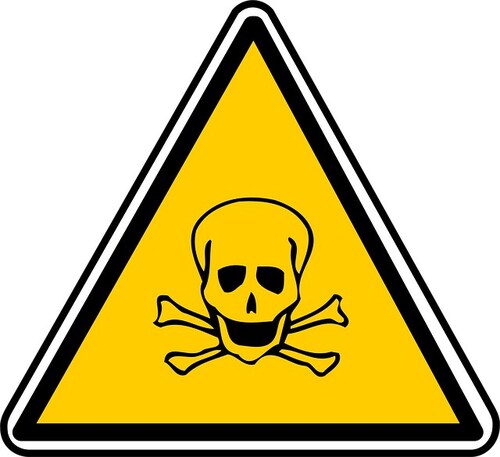Not everything belongs in a storage unit. River Road Mini Storage owner Rick Runnells explains what can't be stored, why reading the rental contract matters, and how to avoid common storage problems like odors, pests, and safety hazards.
PASO ROBLES, Calif., Oct. 28, 2025 /PRNewswire-PRWeb/ -- A storage unit solves many life challenges. Storage units may seem to offer the perfect solution for safe places to stash stuff we don't know what to do with, but a cold fact is that not everything can be left in storage. Most rental contracts cover what can and cannot be stored. Unfortunately, not everyone reads the contract before signing it. That's when the troubles start. A tenant drives up to the freshly rented unit and unloads a variety of forbidden items. Next thing is peculiar smells start drifting out of the unit, there's a sudden influx of rodents, or something worse happens. Rick Runnells, the manager/owner of Paso Robles' River Road Mini Storage, has some advice for avoiding the problems that come with storing items that should be disposed of in other ways.
Figure that anything that can explode, rot, leak, or attract pests is not allowed in a storage unit. Additionally, storage of some hazardous and toxic substances is controlled by laws, and very few public storage facilities are constructed to comply with these laws. Here is a list of most things that cannot be kept in a storage unit:
- Explosive and flammable materials, including gasoline, fireworks, paint thinner, kerosene, and other substances that pose fire and explosive risks. The items can be disposed of according to local waste management regulations.
- Ammunition, guns, and weaponry are generally prohibited due to safety and liability concerns. Local law enforcement agencies can assist with disposing of unwanted weapons and ammunition.
- Food items that can rot or attract rodents and insects are not allowed. This includes dried food items such as cereals, beans, and grain products. Most items that cannot be stored are covered in the rental agreement with the Paso Robles self-storage facility, but don't hesitate to ask questions.
- Animals and plants can't be stored. And, neither can people live in storage units. The lack of ventilation, light, and proper care and facilities prohibits using storage units as kennels, plant nurseries, or living quarters. Doing so violates a number of laws.
- Chemicals and substances such as acids, bleach, pesticides, fertilizers, and radioactive materials pose health and environmental hazards.
- Possessing illegal or stolen goods is a crime. Storage facilities cooperate with authorities and legal search warrants.
- Wet and damp items foster mold and mildew, which can damage stored items and the contents of neighboring units.
- Vehicles—some storage facilities can accommodate vehicles, RVs, and boats. If you need to store a vehicle, reach out to a storage facility that specializes in vehicle storage. If you need to store lawn care equipment, such as a riding mower, check with the storage facility of choice before driving it into the unit!
- Tires and batteries often require special storage or disposal. Check with the local waste management authority to determine the best disposition.
Different self-storage facilities have different rules. The Paso Robles self-storage management is always willing to discuss storage options so prospective clients are fully informed.
Before moving into the storage unit, make a list of items that cannot be stored. Take the time to reach out to the local waste management authority to properly dispose of anything the storage facility doesn't accept.
River Road Mini Storage has been serving local communities since 1984. The current owner, Rick Runnells, has been supporting the community with a friendly, clean, and secure facility at a reasonable price since 2004.
River Road Mini Storage
1631 North River Road
Paso Robles, CA 93446
(805) 239-4333
Media Contact
Jacquelyn Iddings, Access Publishing, 8052269890, [email protected]
SOURCE River Road Mini Storage



Share this article